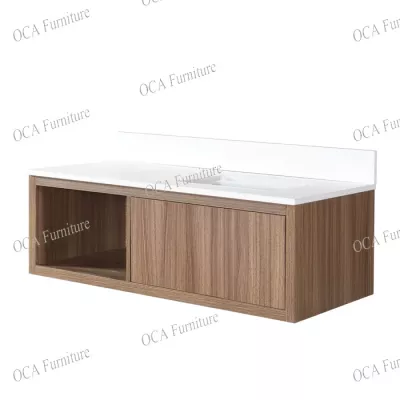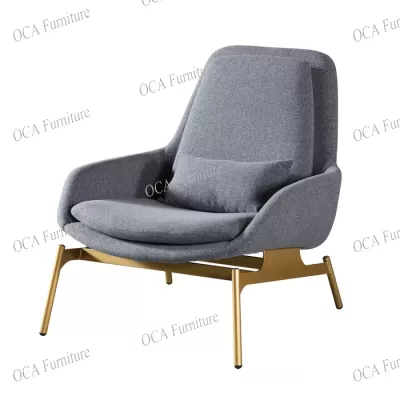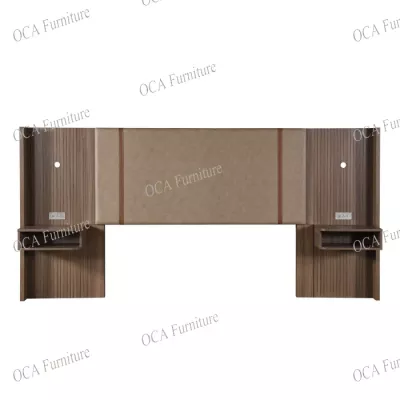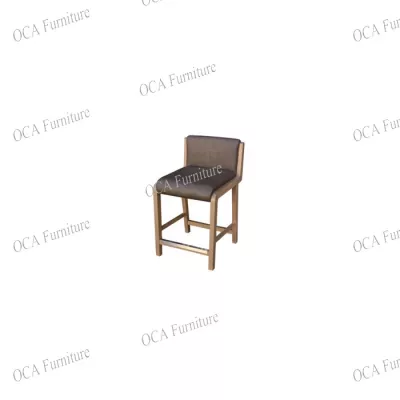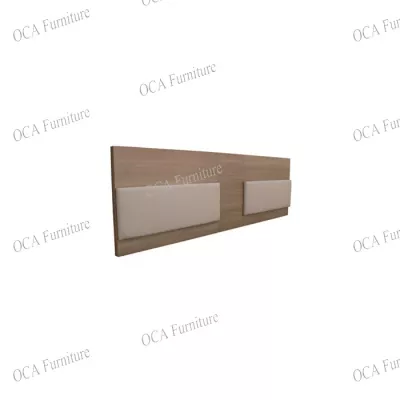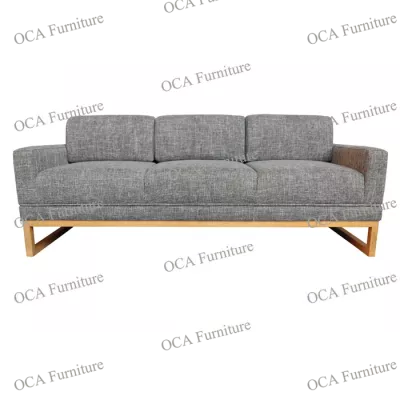1. How to transform traditional hotels?
Target market:
Judging from the actions of major hotel groups, mid-range hotels seem to be the next blue ocean field for development. Even high-star hotels that have always been "high on the top" are beginning to "downward" and continue to lay out the mid-range market. For example, Marriott. After acquiring Starwood, Marriott already owns nearly 300 hotels in China, among which five-star hotels account for about two-thirds. Unlike the outside world who is concerned about transformation and upgrading, Marriott’s layout is "downward consumption." ". And in cooperation with Dongcheng Hotel, it also launched the mid-range brand "Wanfeng".
Technology drives innovation to meet the consumer needs of young people:
At present, the group of residents is relatively young, and the income of these young consumers is in a stage of sharp increase. Obviously, there will be more room for development in the future. Consumption upgrades and changes in consumption concepts have also made standardized accommodation products increasingly less attractive to consumers. After years of development, traditional economy hotels are facing a trend of transformation and upgrading. Especially in cities with a high level of economic development, the strategy of trying to use a model to conquer the world does not match the current development trend of the accommodation market. Whether the hotel can achieve high occupancy rates, RevPar and better profit returns will also depend on the hotel's grasp of the needs of the younger generation.
2. What kind of accommodation do young users like?
With the development of business contacts, hotels are now transforming into "experience-based" products after meeting the basic requirements of consumers for "living". The process of accommodation is also the process of experience. And after years of development, hotels have the same leisure and entertainment attributes as mobile phones, even just in demand. In addition, young consumer groups don't like novel things for a long time, and "loving the new and disgusting the old" is its significant consumption characteristic. They are chasing popular elements, such as animation, two-dimensional elements, Internet celebrities, etc., but they are also rapidly updating and eliminating and creating new popular elements. Therefore, hotels can only attract these young consumers by following the consumer trend and making homogeneous products that are different from those on the market.
In addition, the young people began to pay attention to more detailed things, such as the hotel's spatial effects, service content, and hotel features. The demand for personalization, fashion and freshness has increased significantly. The standard is already difficult to adapt to the current consumption trend. The hotel has transformed from a single accommodation scene to a multi-scenario consumption of travel, vacation and leisure life. Consumers' time in hotels has gradually become longer, and there are even some consumers who simply go to the hotel to try the differences between different hotels. And this also allowed the hotel to transform from a mere accommodation product to a lifestyle product and even a destination. It is worth noting that as consumers spend more and more time in hotels, whether consumers can get a good experience in more fragmented time may be the key to determining their second or even multiple consumption. In particular, whether more consumption scenarios can be introduced, on the one hand, this places higher requirements on the hotel's operational capabilities, and on the other hand, it also determines to a certain extent whether the hotel can generate more revenue.
3. How to improve the guest experience of fragmented time?
Take the new hotel-Yilan Xinshe Hotel as an example. The target customers are mid-range business travelers. The mid-range boutique hotel is built based on the preferences of guests born after 80.90. The design style is simple and stylish. The room is separated from dry and wet and comes standard with intelligent guest control: intelligent guest control before entering the door, one-key opening the door; after entering the door, one-key electronically controlled curtains will automatically open or close after you put down your luggage; you can enjoy convenient high-speed Internet access without blocking when you settle in; You can experience convenient facilities such as smart toilets and built-in lights in the mirror. In addition, the smart theater smart audio-visual upgrade program is applied, which adds entertainment attributes to the hotel.
Back to the room after a hard day outside, you can lie on the rocking chair and turn on the hotel’s dedicated projection, and click on the latest blockbuster movies in the massive legal film library in the projection. The high-definition large-screen pictures and shocking sound effects make the fragmented time of the residents interesting.
Not only that, the current smart cinema hotel theaters tailor the hotel system for the hotel, and guests can intuitively see the complete hotel information in the system, and the hotel services have a deep memory for the hotel. And you can use the fragmented time to find the hotel's humanized replacement service and car-hailing service in the system service content. When used at the same time, the hotel can access the food and catering rankings, scenic spots introductions, and play guides of the hotel’s surrounding tours in the system according to the hotel’s location, which not only facilitates tourists, but also can access business cooperation through this function to form regional development and improve Hotel brand height. To stand out among the hotels with serious homogeneity, create a unique premium competitiveness, and improve the housing experience. The whole stay process, to the final check-out, can be intelligent and free, which undoubtedly saves consumers more fragmented time. In the future, in the process of fully improving the consumer experience, there will undoubtedly be more "black technologies". By then, in what ways will these black technologies save consumers more fragmented time and fully enhance consumers' accommodation experience? We will continue to pay attention to this.


